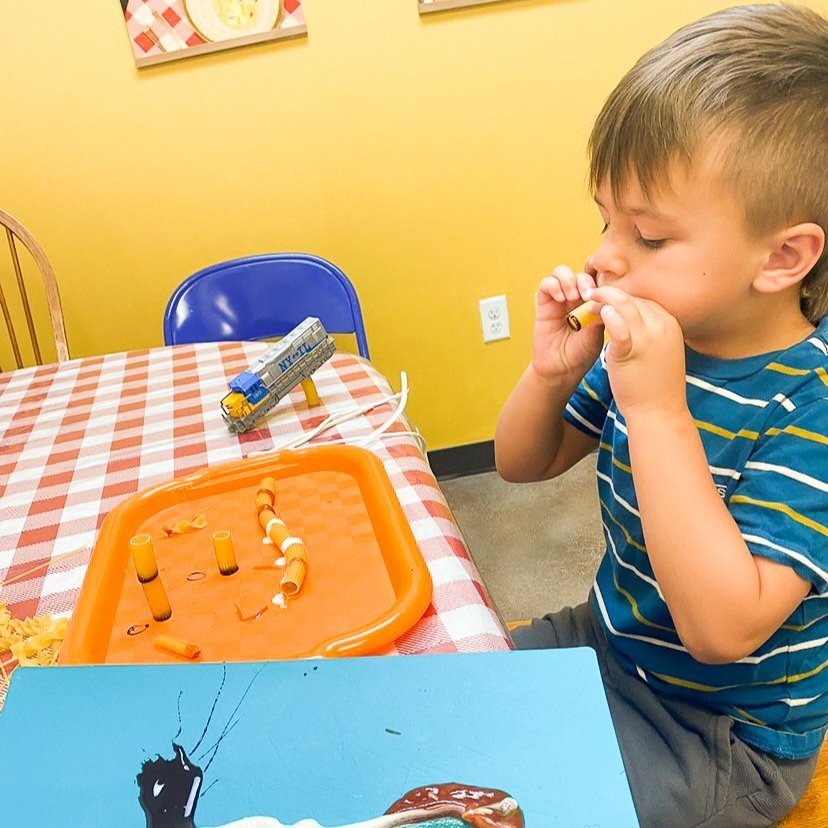
Is Picky Eating A Problem?
Picky eating can be a normal part of childhood, but it becomes a problem when it leads to nutritional deficiencies, developmental delays, or emotional distress. If a child consistently avoids essential food groups, there is a risk of not receiving adequate vitamins, minerals, and other nutrients necessary for growth and overall well-being. In more severe cases, picky eating can lead to conditions like malnutrition or failure to thrive. Long-term avoidance of certain foods can result in gastrointestinal issues, fatigue, and weakened immunity. Picky eating can also be linked to psychological conditions such as anxiety, OCD, or eating disorders like ARFID. If picky eating is causing significant distress or impacting overall health, it's essential to seek professional help. Signs that it might be time to seek help include noticeable weight loss, chronic fatigue, growth delays, or frequent gastrointestinal problems. Emotional signs such as anxiety around meals, extreme fussiness, or feeling overwhelmed by the prospect of trying new foods are also important to note.

Sensory Avoidance Vs. Sensory Seeking
In the world of occupational therapy, sensory processing plays a vital role in helping individuals navigate their daily lives. Two common sensory patterns—sensory avoidance and sensory seeking—represent opposite ends of the sensory spectrum. Sensory avoidance refers to individuals who are overwhelmed or distressed by certain sensory input, such as bright lights, loud noises, or specific textures. These individuals often withdraw from stimuli, preferring quiet, calm environments. In contrast, sensory seekers actively crave sensory input and may engage in behaviors like touching everything around them, making loud noises, or constantly moving.

Picky Eating, Sensory Aversion, or Something More? Understanding ARFID

Parenting Styles In Feeding

Making Mealtime Fun: Play With Your Food!

Positioning for Feeding

Formulas for Infants

Refluxes in Feeding

Help Your Child Learn about Foods Rather than Just Eating Them - Have Them Help You in the Kitchen and Have Fun!

Feeding Therapy Ideas for Home:

Play with your food

What does a feeding therapy session look like?

3 Aspects of Feeding Therapy Outside of Eating

How can I effectively discuss my child’s picky eating with my pediatrician?

From Feeding Therapists to Parents: Tips for helping picky eaters

Mealtime Connections: Tips from a feeding therapist

When should a toddler drink from an open cup? And other cup drinking milestones

What is food aversion vs picky eating?

Pediatric Feeding Disorders (PFD): What is it and how can I help?


